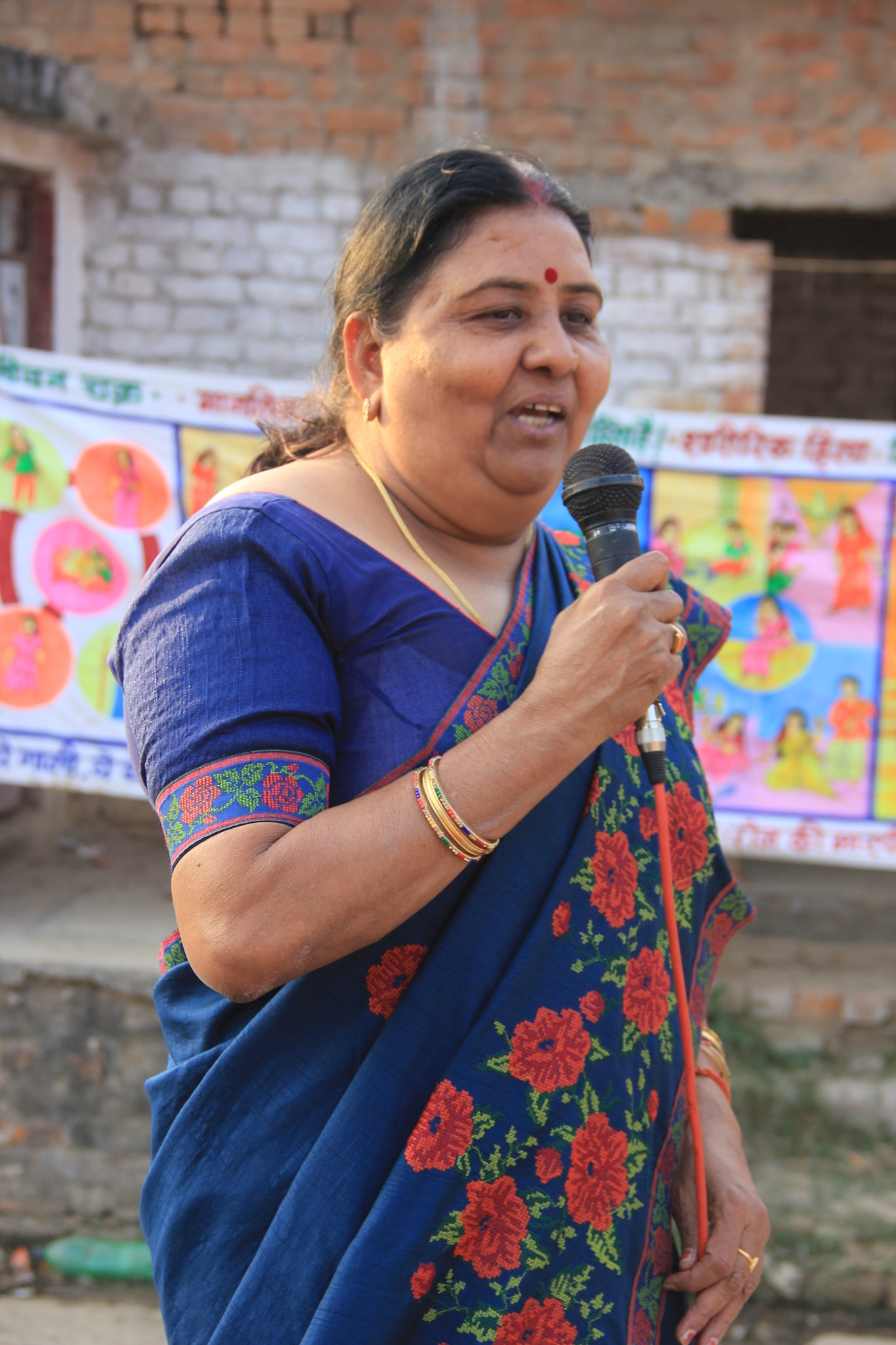Feminist Perspective
When this journey started in the year 1983, there was a hazy picture before eyes, there was a zeal to do something, but the path was not clear. It was understandable that there was something wrong and there was some difficulty. But there were no words to address those difficulties, nor there were sharp thoughts with which the difficulties could be addressed. The strategy was not clear as the thinking was not clear. The journey began with many ups and downs and as the time passed we learnt.
Gradually priorities changed, outlook changed, understanding increased and I could devote myself for active participation in feminist movement. A quarter century has passed while waging a war on women’s freedom, equality and honour. But the gut feeling is that all these words are pricking the ears of the so called system. This not only the tale of Mahoba, but is the story of entire India – it is visible somewhere and it is hidden elsewhere.
Talk of equality now looks even futile before the Constitution. It is an irony that the law makers themselves are way ahead in breaking these laws and thus strengthening patriarchal society. They want to create a society where women do not have a right to demand equality with men. No matter where the women work in fields and granaries, or so called high society women working in the crowd of large cities. Inequality is visible everywhere.
There are countless issues which knowingly or unknowingly influence our lives. But all out efforts are made to keep ourselves untouched with these issues. Social development, education, law, economic progress, political thought, free thinking, etc., are all treated useless for women. It is an irony that while on one hand half of the world is marginalised from her private and fundamental rights and other the other hand graph of social system and the government moving towards so called development continuously keeps on rising.

Mentality of marginalisation gets strength from many reasons. One, women are beauty of homes and what they have to do with outside situations. Two, women enjoy very high status in religion. Three, women were image of motherly love, dedication and pity. There are countless other examples. Owing to this mentality they are not associated with the issues having political and social importance and their capacity and capability are always challenged. Both of these are hitting lives of women. We have made efforts to challenge this scenario in association with the organisations, institutions and people working with the women in the centre.
Even after a long drawn struggle, we feel that our so called system does not have answer to the human rights issues associated with the women. There are questions and further questions will arise. Let these questions be there and we all together seek their answers.
Kalpana Khare
Director Gramonnati Sansthan
